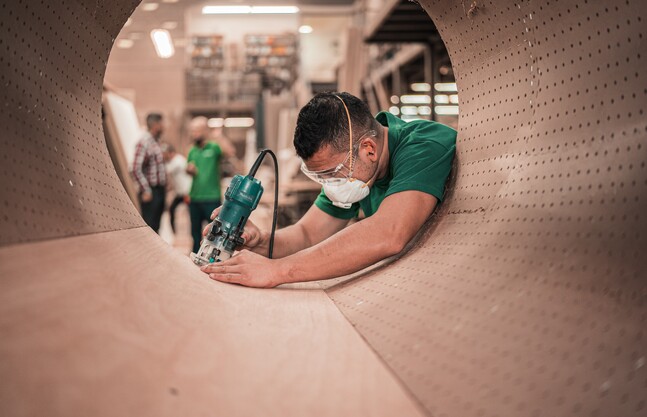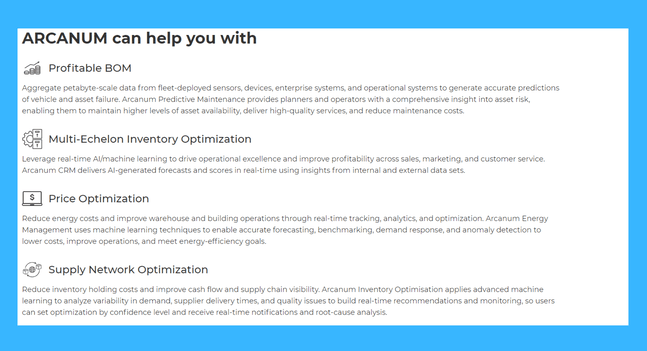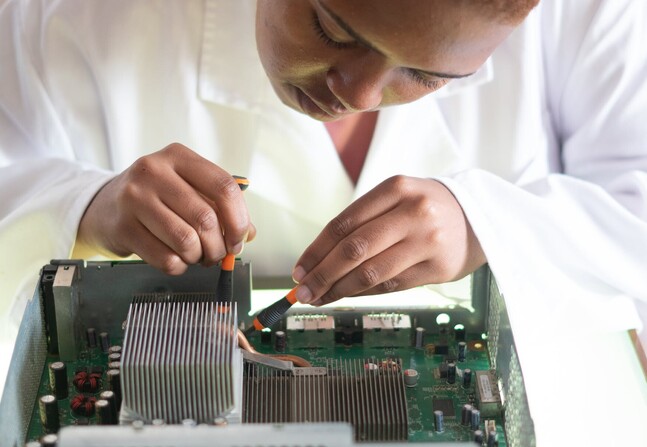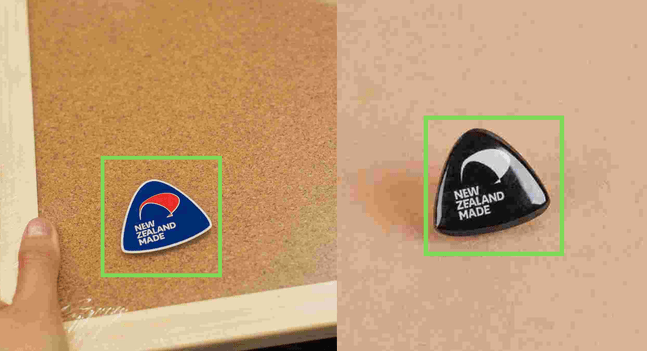AI is here. And it can help give your manufacturing a competitive advantage.
Asa Cox - Founder of Arcanum, an NZ Code licence holder, says that "the availability of data is growing exponentially." It's all about looking at the sensors on your existing equipment in a different way, as you can re-direct data "rivers" into a larger data "lake". While it may be impossible for a person to examine all the data within this "lake", the AI tools that are available today can find meaningful trends within your data, faster and easier than ever before.
So what kind of business outcomes can AI help with? "Really it's a focus on the fundamentals of whatever the business is," Asa Cox says, "what do you need to be successful and how can technology assist you in achieving those outcomes?" So really the question is; which processes, if improved, would make your business more successful?
Do you want better productivity? Improved compliance? Quality assurance, or more efficient allocation of human resources? AI can help with all of these, whether the problem is identified by people or machines.
People-led approaches
There are two distinct but often intertwined approaches for AI in manufacturing, the first is human-led. If you have identified a specific problem, you can instruct an AI to look for data trends that will help you solve it.
For example, "[if you] want to know why your machines break down on a Thursday afternoon in April, an AI will look for patterns in the data that will help you gain insights into why this is happening," explains Asa Cox. From there, you can take action on the trends the AI has identified and better your own processes with the power of tech.
Machine-led approaches
If you don't have a specific problem for an AI to look into, it may still be worth your while to find the problems that you don't know about yet. An AI can scrutinize your data to look for statistical irregularities that may be hampering productivity or product quality.
Asa Cox explains the process like this; "for this approach you might give me all of this data and I will output something that, statistically, is interesting. It might be a clustering algorithm which says these are clusters of data and the machine doesn't know why they're interesting, but statistically they are interesting and they've got something common about them. Then the humans can begin to investigate why the machine has surfaced some of these things as interesting."
It's time for tech and manufacturing to get a bit closer. Whether you know you have manufacturing processes to improve or not, there is a way for NZ Coded AI to help you improve your processes and become more competitive.
The Kiwi Spotter - an NZ Code case study
We know AI works in a variety of spaces, because it's worked for us. Even though we're not a manufacturer, we thought it pertinent to show you the varied applications of AI and how it could be applied to your business. NZ Code and NZ Made often face trademark breaches, with groups using the kiwi without an appropriate license. To protect the kiwi from this we had people trawl the internet, trying to find groups that did not have permission to use the kiwi. This was a menial task for a human to complete, but for an AI....it was perfect.
With the help of Arcanum, we recently introduced the Kiwi spotter, an AI that trawls google images and other websites across the web and checks the group with our database of license holders. It is incredibly accurate, identifying kiwis even without the iconic triangle or logos inside product pictures.
Because of Arcanum and the Kiwi Spotter AI, we're able to spend more of our time creating value for our license holders...and with AI, you can do the same for your customers.




